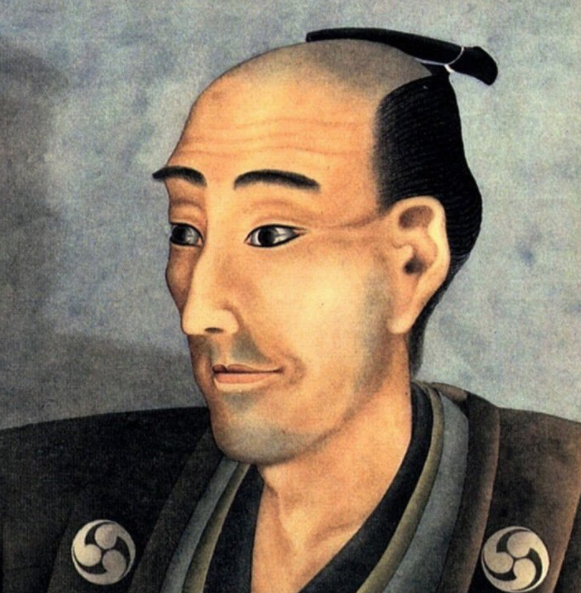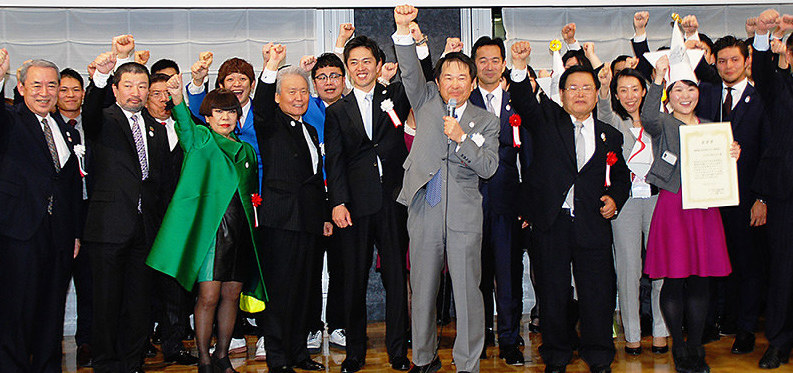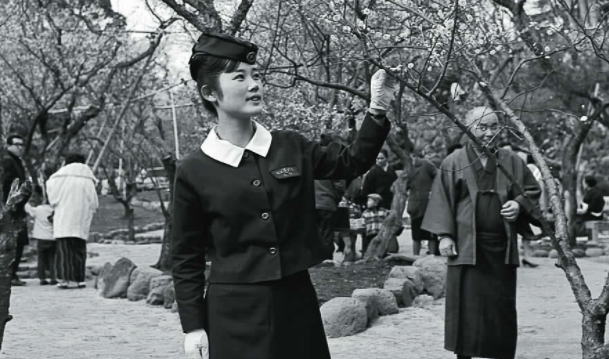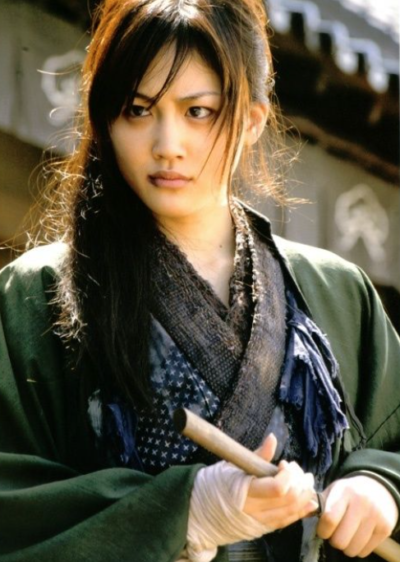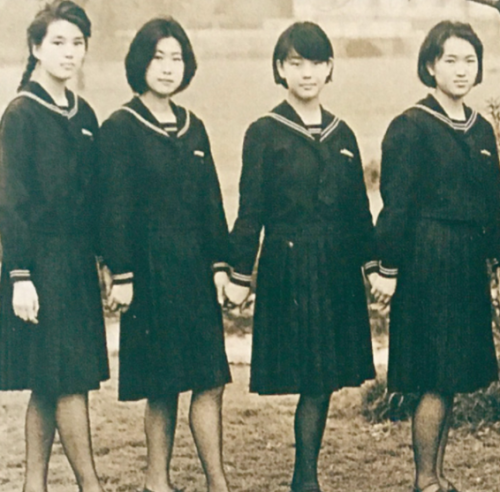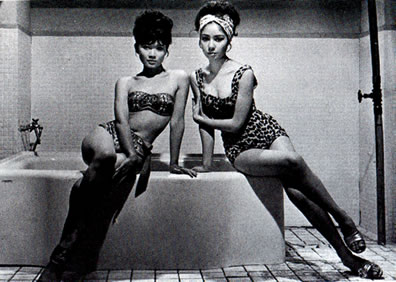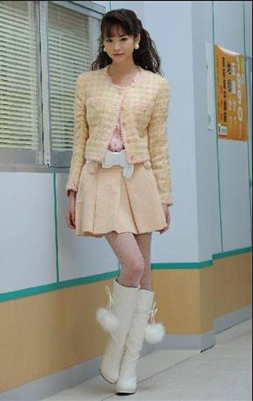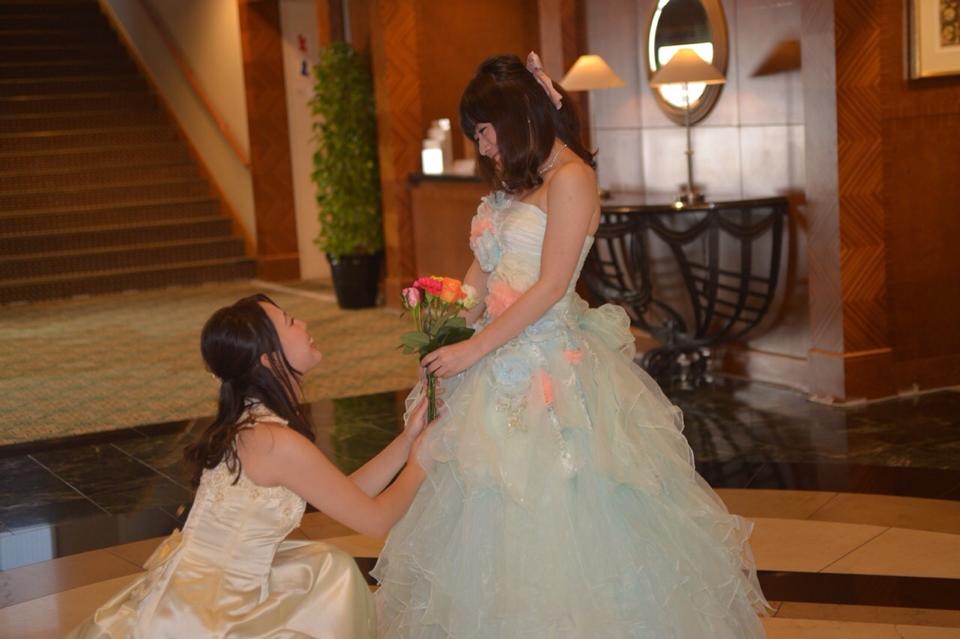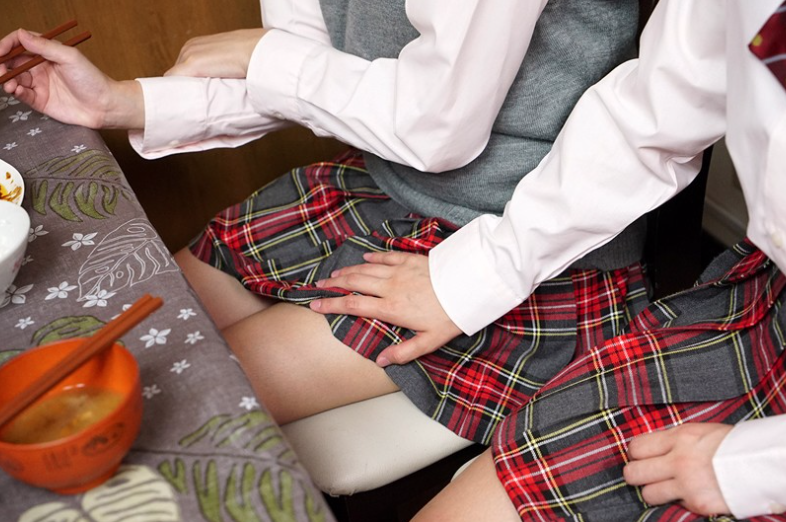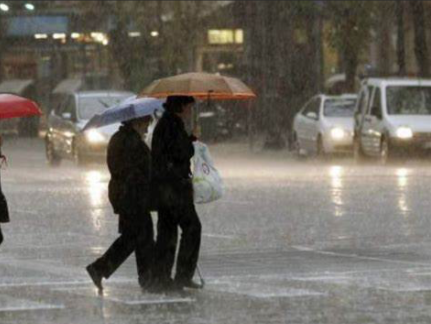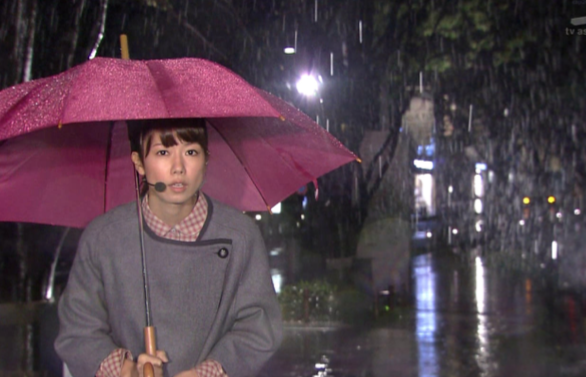
Kocho Umin stands on a bridge across the Seine River and shakes his head, a wry smile forming as he prepares to let it all out. “I like living here. Paris is where it’s at for me,” he begins. “But, these people act as though they’re the center of the universe, but then express surprise if you know anything about their country.”

For the 32 year old systems analyst, life in France is much more than people discussing avant garde art and lesbian film. “These people behave as though it’s only them who use knives and forks, even though all the countries surrounding France have the same culture. The French didn’t even invent this style of eating.

“I’ve been living in Paris for over a year. Of course I can use a knife and fork,” said Umin, before adding that he tends to swat away many such innocuous, yet slightly irritating, questions at least once a week. “They ask me if I like French girls, and if I like French food. It’s as though they think I only moved here because I have some kind of French fetish, where I get all turned on by young women who know how to coordinate stylishly.

“They’re super proud of their wine here, too. One person asked me if I knew what beaujolais was. Of course I do. Japan, more than any other country, gets excited about it every autumn thanks to clever marketing conducted by our electronics companies who were kind of forced by the French government to import the stuff. When I tell people this they give a really vague response, as though they either don’t believe me or don’t understand what I’m saying.”

Full of momentum, Umin was still keen to wrap up our interview so that he could go to a nearby Japanese bar where he could be amongst regular people and breathe. “When I mention something like The Louvre, escargot, or the guillotine during a conversation, the reaction is usually condescending. People seem amazed that I know these things, as though I’m Marco Polo or some guy blessed with the key to universal cultural understanding. When I tell them that it’s basically all simple general knowledge, there’s often an awkward silence. What’s that all about?”

Umin was also keen to describe the ignorance of the locals. “I’m from Japan, but people often think I’m Chinese. What an insult! That would be like people in Japan assuming that every white person they see is from America. It’s that ridiculous. What’s more, when they find out that I’m Japanese, they want to tell me that Sony, Panasonic, and Nintendo owe their very existence to the silk loom. These Frenchies are so proud of their DNA.”

Jean Kulasek, Paris Municipal Councilor for Special Events, expressed dismay at Umin’s attitude. “It is a shame that a relatively new resident of our world class city could harbor such views. Perhaps living in France is difficult for foreigners, as we have many things that you’d have to be French to understand.” When pressed for an example, the councilor sucked in air through his teeth before quickly saying, “Lots of cheese.” He then stared down at his desk for a while, eventually glancing up with apparent hope that I wasn’t sitting in front of him anymore.





